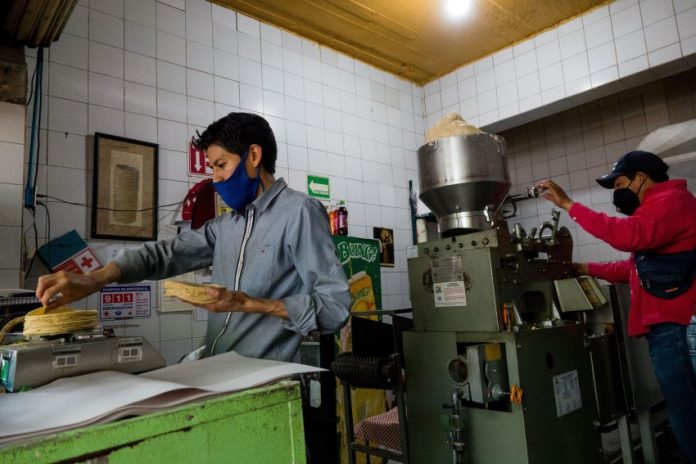Mexican workers take less vacation time than any other Latin American labor force — even less than they are legally entitled to — according to a recent survey.
The newspaper El Economista reported Friday that the “Work in Progress” survey published by Buk, a human resources development company headquartered in Chile, revealed that the average Mexican employee took just six vacation days in the past year.

The Buk survey found that Peruvians took seven vacation days, Chileans enjoyed eight vacation days and Colombians stepped away from work for nine days a year. The study also found that only 13% of Mexicans surveyed took a two-week vacation, whereas across the rest of Latin America, 32% of employees took a two-week vacation.
The results of this study come over a year after Mexico’s Congress approved legislation that doubles the minimum amount of paid vacation days for workers in Mexico in December 2022.
Prior to the historic legislation, the Mexican Constitution granted workers just six paid vacation days in their first year on the job. The Federal Labor Law now entitles new employees to at least 12 days of paid leave from the outset, with an additional two paid vacation days added onto each of the next three years.
Thereafter, an additional two vacation days are earned for each five-year period of service. The law also allows workers to take their vacations over two consecutive weeks.
Despite the new law, the Buk survey suggests that the Mexican workforce has not changed its approach to vacation days — or that employers are not fulfilling their labor obligations.
Yunue Cárdenas, a psychologist who works for Spanish consulting firm Affor Health and the Workplace Wellness Council, attributes this to Mexico’s work culture.
“Often, we don’t know what to do with this free time,” Cárdenas told El Economista. “The idea is that when one is working, there is meaning to life. In our culture, time off — even though it is a right — is not valued, and in some organizations, taking vacations is not viewed positively, particularly in small and medium-sized businesses.”
The Mexican workforce may hesitate to take their legally mandated vacation time because employers frown upon it, or because they feel obligated to save vacation days for childcare obligations, for example, when a child is sick at home.
A recent survey by travel company Expedia found that 69% of Mexicans work from six months to a year between days off. The Buk survey also found that 6 in 10 employees who are on vacation attend to office matters while on leave.
According to 2022 data compiled by the OECD, the average Mexican worker works 2,226 hours per year, much above the OECD average of 1,752 hours and second only to Colombia (2,405 hours per year in 2021).
Another law addressing the issue of Mexico’s overworked labor force is legislation to reduce the constitutionally mandated workweek from 48 to 40 hours. The bill is currently stuck in Congress.
With reports from El Economista
